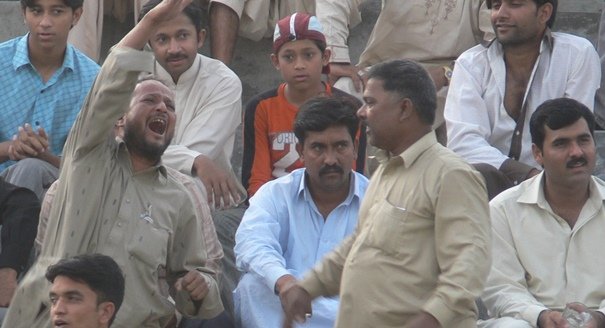I am not a specialist in the Post-Soviet space. My observations on democracy issues in this space will hardly be solid. I would prefer to explore political process in the region of South Asia which has been the key subject of my research in almost 15 years. The largest countries of this region India and Pakistan are often described as secular and Islamic, democratic and authoritarian, respectively. In some cases this differentiation is real and in other cases it looks fictional.
In the same way we used to differ ourselves from our opponents at the time of Cold War. But this was only partly true. Cultural and social trends on both sides of the iron curtain were common. It was not only fashion or music. Even the rise of religion happened in the Soviet Union and the West in the same time (end of 70s and 80s).
Back to South Asia. The commonality of political process still exists between India and Pakistan. Even the political change happens in similar ways. Listed below are a few examples out of many.
• The role of the neighbor state in domestic discussions and attempts of several politicians to associate certain minorities with this neighbor.
• In the absence of strong socialist forces the use of egalitarian slogans is based on religion (mainly in Pakistan, but the political parties of India, having links to the Hindu community, follow the same path).
• Involvement in the political process of new large groups (youth, tribes, backward classes), which bring to the political scene their own political leaders (sometimes unpleasant to external observer).
This change can call in question the democratic character of the state, when, for example, a political leader regards a religious minority as a potential traitor and offers to limit its freedom to prevent the damage for the nation, or when certain groups of people cannot occupy top posts in the government, army, and police because of their religion.
At the Meet the Press show on the events in Egypt one of participants argued that “one of the lessons here is that free and fair election…, does not mean democracy. What Morsi was running was not a democratic system. It was majoritarian, not inclusive.” In the same way one can describe the political situation in India and Pakistan.
I would disagree with this. Democracy is the process, passing through ups and downs. And a political leader is not a key factor here, even if he looks like a powerful figure. The main factor is the people, who can accept or reject this figure despite his power.
